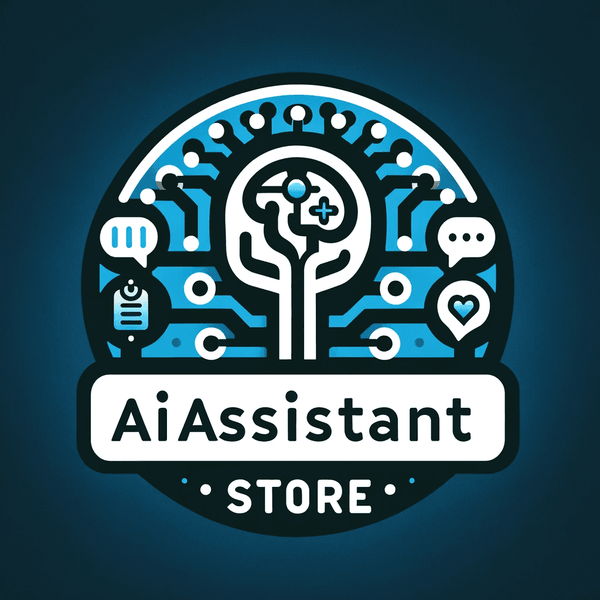So you heard about Cheater Buster AI, probably from a Reddit thread, an ad, or - let’s be real - a friend in crisis. It’s pitched as this digital private eye, scanning dating apps to check whether someone’s secretly active. Sounds either genius or sketchy, right?
Let’s walk through what it actually does, how it works, and why you might want to think twice (or not) before hitting “Search.”
Articles you may like to read after this one:
🔗 Lawyer AI Chatbot – The Smartest Free Legal Assistant You Can Use Today
Get instant legal help with a powerful AI chatbot trained to assist on legal queries - fast, free, and always available.
🔗 AI for Sports Betting – Meet Pundit AI, Your Free Digital Sports Pundit
Enhance your betting strategy with AI-driven predictions, tips, and sports analysis using Pundit AI.
🔗 What Supplements Should I Take? Personalise Your Health with AI
Let AI recommend the right supplements for your lifestyle and wellness goals, backed by science and tailored to you.
🚦 Quick Breakdown: What Is It?
At its core, Cheater Buster AI is a tool that lets you search for someone’s dating app profiles - especially Tinder - without needing a Tinder account of your own. It uses a mix of scraping, AI matching, and data correlation. You drop in a name, age, location (sometimes more), and it goes digging.
You pay per search - around $17.99 USD each. More searches? They’ll offer bundles. It’s not a subscription trap, but it’s definitely not cheap either.
🛠️ How It Works (More or Less)
-
You input details - name, age, city, optionally their photo or phone.
-
System runs a match - AI scans public data from Tinder, Bumble, etc.
-
Results appear - if there’s a match, you’ll see photos, bios, last-seen time, even if the person has a premium subscription.
-
No account needed - you stay anonymous, they won’t know you searched.
Success hinges on data quality. If the person uses a nickname, fake info, or just hasn’t been active in months - good luck.
✅ Pros & ⚠️ Cons at a Glance
| Feature | Cheater Buster AI |
|---|---|
| Dating app matching | ✔ Tinder, Bumble, OkCupid, more |
| Anonymous usage | ✔ No login needed |
| Results preview | ✔ Shows activity, photos, and bio |
| Photo/phone search | ✔ Extra detail = better match |
| Price | ⚠ $17.99/search - not exactly budget |
| Match accuracy | ⚠ Varies wildly - unique names work best |
| Legality/privacy | ⚠ Uses public data - platform rules may vary |
🗣️ What People Are Saying
Experiences are all over the place. Some call it “worth every penny.” Others say they found nothing and still got charged.
-
On Trustpilot, it’s a mixed bag - some 5-star “lifesavers,” others 1-star “scams.”
-
One reviewer said it worked perfectly on their first try, then flopped on a second search.
-
If you’re looking up someone named Mike or Sarah in a big city, don’t expect laser precision.
-
But plug in a full name + recent photo? You might get an exact match in seconds.
Real-world verdict? Good tool with the right info, risky if you’re guessing.
🚩 Legal + Ethical Red Flags
Let’s not sugarcoat it. There are blurry areas here.
-
Consent: The people being searched have no idea. Some say that’s fair game. Others say it’s borderline digital stalking.
-
Platform rules: Dating apps like Tinder explicitly ban scraping. If Cheater Buster gets too big, it could face shutdowns.
-
Emotionally charged: Even if it finds something - what you do with that info can blow up fast.
This isn’t like Googling someone. It’s personal. Use it wisely.
🎯 Who Should Use It (And Who Probably Shouldn’t)
Go for it if:
-
You have solid info - real names, recent city, maybe even a pic.
-
You’re not ready to confront someone directly.
-
You want one-time confirmation, not long-term snooping.
Maybe skip it if:
-
You only have vague guesses or common names.
-
You’re sensitive to digital ethics, privacy rights, or data handling.
-
You’re hoping for a silver bullet in a messy relationship - it’s not that.
Cheater Buster AI isn’t a lie detector. It’s not some psychic bot. It’s a tool - sometimes helpful, sometimes messy. In the best case, it confirms your gut feeling. In the worst, it gives false reassurance or false alarms.
So if you use it? Treat it like a starting point - not a final verdict. If you find something, breathe first. React second. Trust the context, not just the screenshot.

